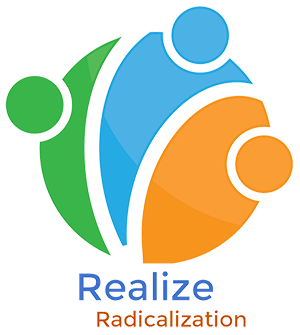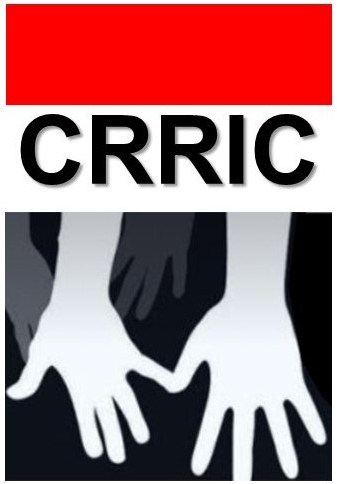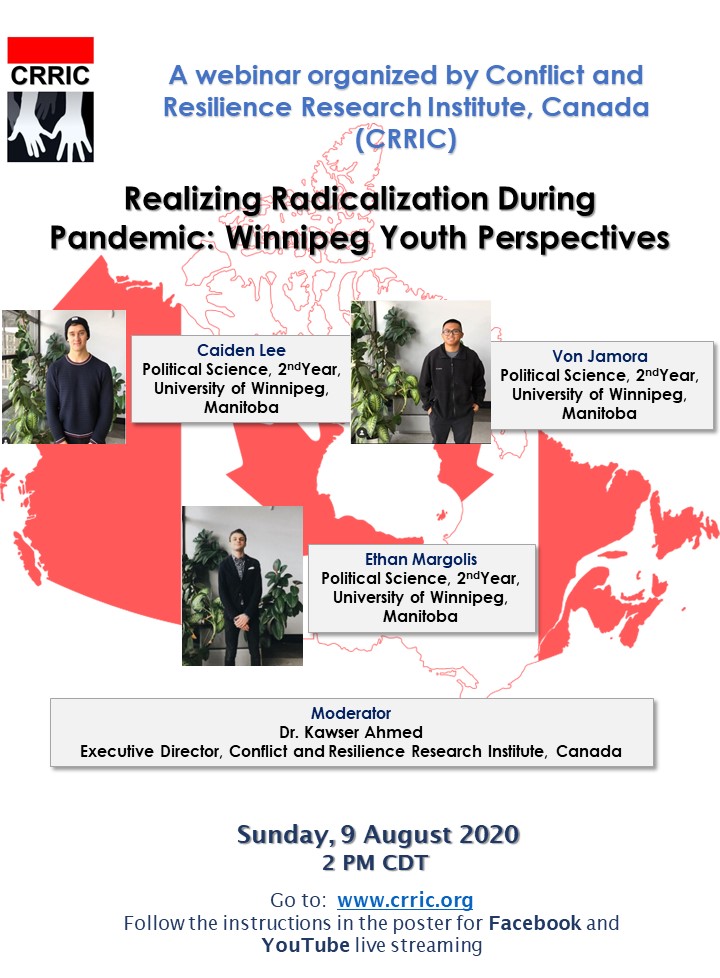[vc_row css=”.vc_custom_1592073718664{margin-top: px !important;}”][vc_column][nd_options_text nd_options_text_tag=”h1″ nd_options_text_align=”center” nd_options_text=”CRRIC WEBINAR SERIES: COVID-19, CONFLICT & RESILIENCE (Webinar-14)”][vc_separator css=”.vc_custom_1592073469617{padding-top: 15px !important;}”][/vc_column][/vc_row][vc_row css=”.vc_custom_1592073707897{margin-top: px !important;}”][vc_column][vc_column_text]
CRRICs webinar series is planned to reflect upon the impacts of COVID-19 on Canadians. In this regard, the article of Professor Noah Hariri which was published in Financial Times on March 20, 2020 is worth reading. A brief excerpt of the article is here:
“Humankind is now facing a global crisis. Perhaps the biggest crisis of our generation. The decisions people and governments take in the next few weeks will probably shape the world for years to come. They will shape not just our healthcare systems but also our economy, politics and culture. We must act quickly and decisively. We should also take into account the long-term consequences of our actions. When choosing between alternatives, we should ask ourselves not only how to overcome the immediate threat, but also what kind of world we will inhabit once the storm passes.
In this time of crisis, we face two particularly important choices. The first is between totalitarian surveillance and citizen empowerment. The second is between nationalist isolation and global solidarity”.
[/vc_column_text][/vc_column][/vc_row][vc_row][vc_column][vc_single_image image=”3048″ alignment=”center” style=”vc_box_border” border_color=”orange” onclick=”img_link_large”][/vc_column][/vc_row]





